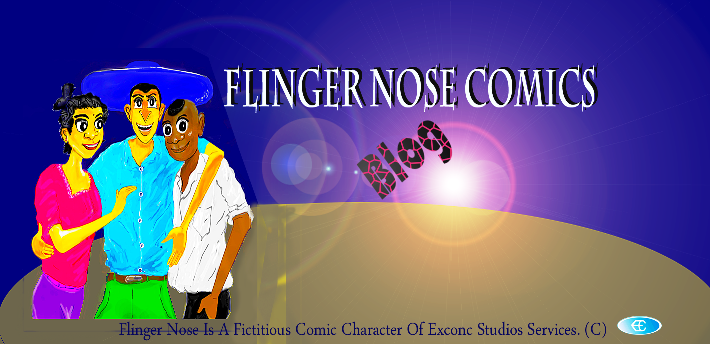Friday 29 March 2019
Wednesday 20 March 2019
Sharing a professional’s view on Animation about, “Spiderman into the Spider-Verse.”
Source: Bloop Animation
Spider man into the Spider-Verse: 2D or 3D?
Every once in while an animated movie comes
out that is impossible to ignore.
Spiderman Into the Spider-Verse is one of those movies.
It is without a doubt one of the best animated
films I’ve ever seen.
Apparently I’m not alone. The film won
the 2019 Academy Award for
best animated feature film.
But what is it that made this movie so great?
I would say it was these two aspects:
·
Great Story
·
Unique and ground-breaking
animation style
In this post I want to talk about the latter.
If you watched the film, or even seen the trailer, you probably noticed something
was different about this one. The way this film looks and feels is different
from other animated films in recent years.
It doesn’t look like 3D animation,
but it’s also not really 2D as we know it. So what is it?
Is this movie 2D or 3D?
When the industry first made the transition
from traditional 2D to 3D computers animation, the shift was very clear. It was
obvious that Toy Story looks completely different from Lion
King. It was visually apparent.
Once the switch was made, the industry worked
harder and harder to push the art form as much as possible. Getting better and
better renders, producing more realistic results. Films looked better and
better each year.
But there’s only so far we can push it.
At some point, all films just look amazing.
The fidelity is incredible and there seem to be no limit to what we can produce
with computer animation.
Then the question had to be asked – what’s
next?
Saturday 16 March 2019
Tuesday 5 March 2019
Netflix Vs Spielberg
Source: Comicbook
By: Megan
Peters
It
doesn’t take much to prompt conversation on Twitter, and movie fans responded
to a heated debate in droves this weekend. Recently, a report went live saying Steven Spielberg is hoping to
get Netflix films banned from receiving Oscars, and it seems the streaming
service is responding at last.
Taking to Twitter, the official page for Netflix Film posted a
brief note to fans that’s seemingly in response to Spielberg and his critiques.
“We love cinema. Here
are some things we also love,” the post reads. “Access for people who can't
always afford, or live in towns without, theaters. Letting everyone, everywhere
enjoy releases at the same time. Giving filmmakers more ways to share art.
“These things are not
mutually exclusive.”
This comment surfaced
just days after a report by IndieWire suggested Spielberg is eager to suggest a
rule change within The Academy of Motion Picture Sciences to make streamed
films ineligible for awards.
“Steven feels strongly
about the difference between the streaming and theatrical situation,” a spokesperson
for Spielberg's Amblin Entertainment said. “He’ll be happy if the others will
join [his campaign] when that comes up [at the Academy Board of Governors
meeting]. He will see what happens.”
The report was met with some intense scrutiny online as netizens
weighed in on the director’s notes. Many felt his comments represented an
outdated view on film, but Spielberg is not alone in his concern. According to
reports, other Academy representatives feel Netflix needs to
adhere to certain standards to be eligible for Oscars moving forward.
“There’s a growing sense
that if [Netflix] is going to behave like a studio, there should be some sort
of standard,” one Academy governor explained. “The rules were put into effect
when no one could conceive of this present or this future. We need a little
clarity.”
At this point, no
decision has come down on whether The Academy's standards for streamed films
will be changed for future seasons, but the debate is raging on online. As
sites like Netflix continue to tout more and more critically acclaimed
projects, friction between the company and Hollywood's traditional theatrics is
unavoidable, but it seems Netflix is sticking to its guns with this big hurdle.
What are your opinions? Make them known at Comicbook.com
Saturday 2 March 2019
Subscribe to:
Posts (Atom)





